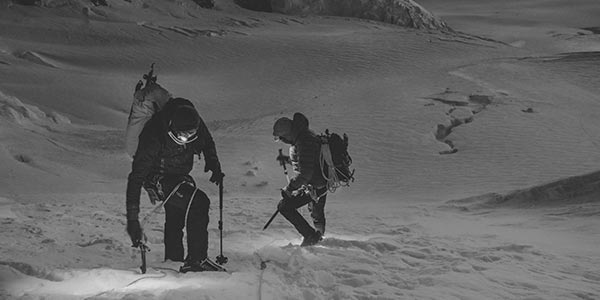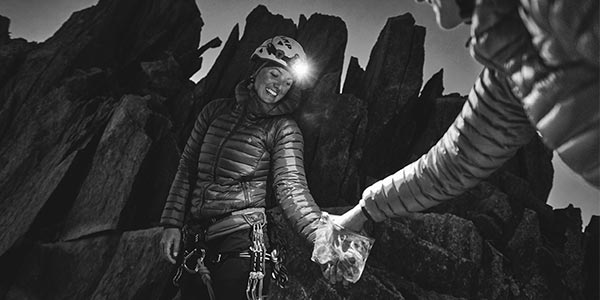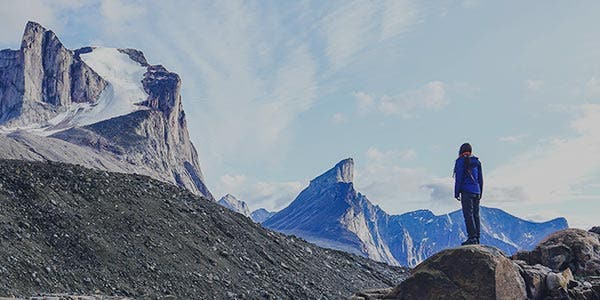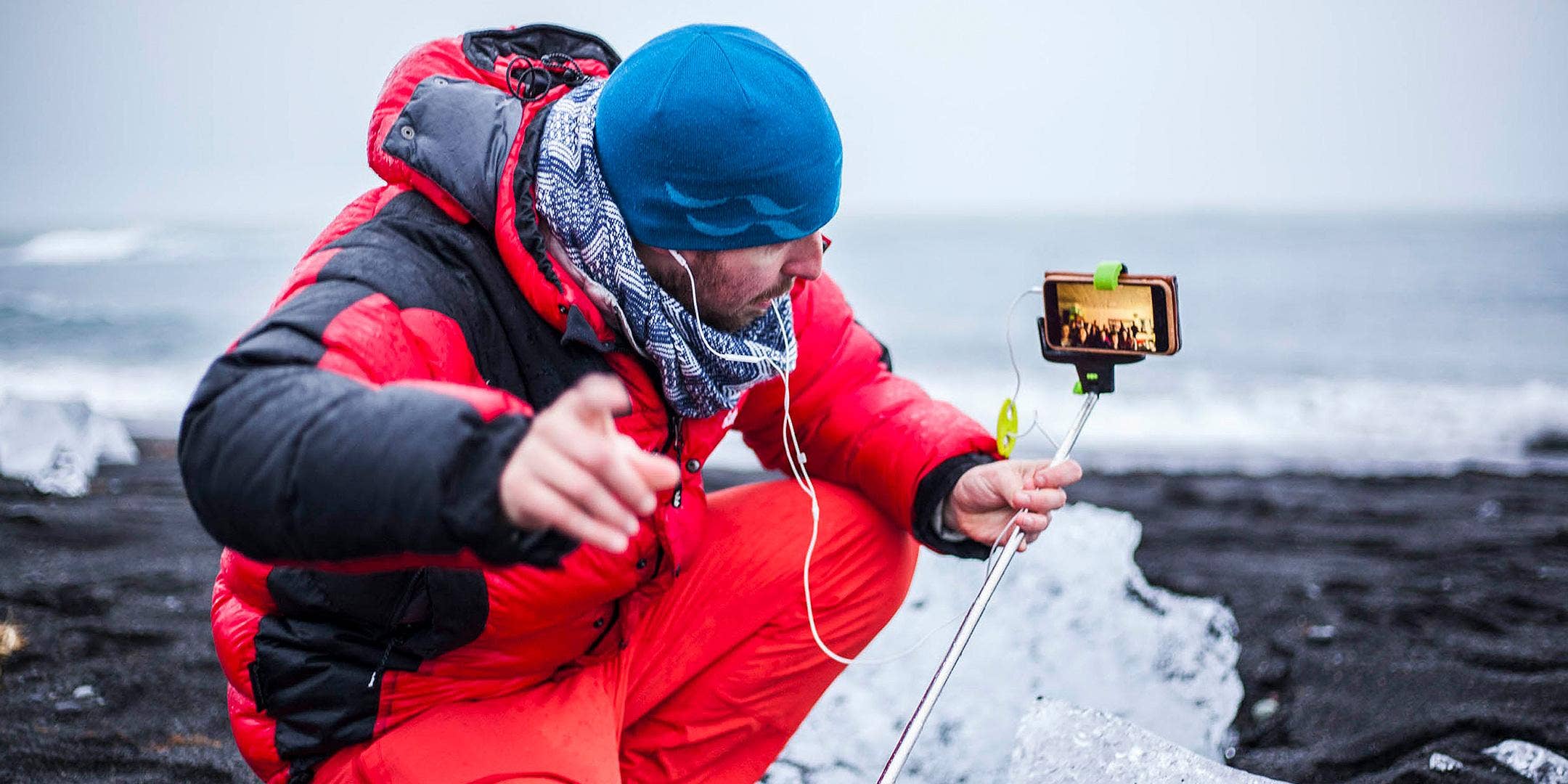
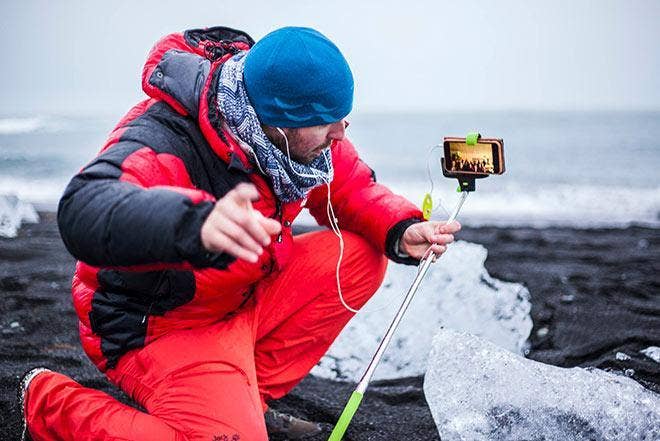
COP26 | 31 Oct - 12 Nov 2021 | Glasgow, UK
COP26 is here. But where are we? And where do we want to go?
As the world's leaders gather to assess and decide the next actions for a global push to limit climate change, we asked Science Presenter, adventurer and Rab ambassador, Huw James, for his take on where we are right now and what he thinks comes next.
Let’s get this out of the way at the start. I don’t think the current climate crisis will bring about the end of humanity.
Species that go extinct are ones that cannot quickly adapt to their new environment, and I think humans can. We are pushing ourselves further and further though into a whole heap of suffering for generations to come. That goes also for the wonderful biodiversity we share this planet with. Humour me as I use this as a cathartic promulgation and look at why I think our planet is in for it’s own sufferfest.
So where are we?
I’ve seen a huge shift in my lifetime toward environmental activism. My small town in the South Wales valleys didn’t really think that way growing up, we’d only just stopped being mining communities. But the anti-fossil fuel movement started around the same time. People had already started talking about what releasing so much carbon into the atmosphere would do, even the fossil fuel companies wrote papers on it (albeit internally). All this is to say, the conversation we’re having now started over 3 decades ago, and we are still having it.
We’ve reached a milestone though in my opinion. Relatively recently, we’ve stopped trying to convince people that climate change is real, and moved on to what we can all do about it. I think this is huge. I’ve been writing and talking about climate change for 15 years, and the fact that I’m writing this for a popular outdoor brand just goes to show how far we’ve come in the conversation. It’s what the Americans in the audience would call a kitchen table issue. The economy, jobs, healthcare, climate. We just saw two huge elections in Germany and Canada run on climate as one of the main issues.
And that’s a good thing.
It’s a conversation everyone’s having because it's something that affects every single person on planet earth because we all live under the same atmosphere.
Our atmosphere is the sole reason we can survive on this planet. You look at any other planet in our solar system, and none of them have an atmosphere as kind to life as ours. You look at any planet outside our solar system, and we’ve yet to see one as kind to life as ours. One could argue that life changed our atmosphere, and our atmosphere changed life. But what we know is that even though it goes through natural cycles and fluctuates slowly, we hit a good balance.
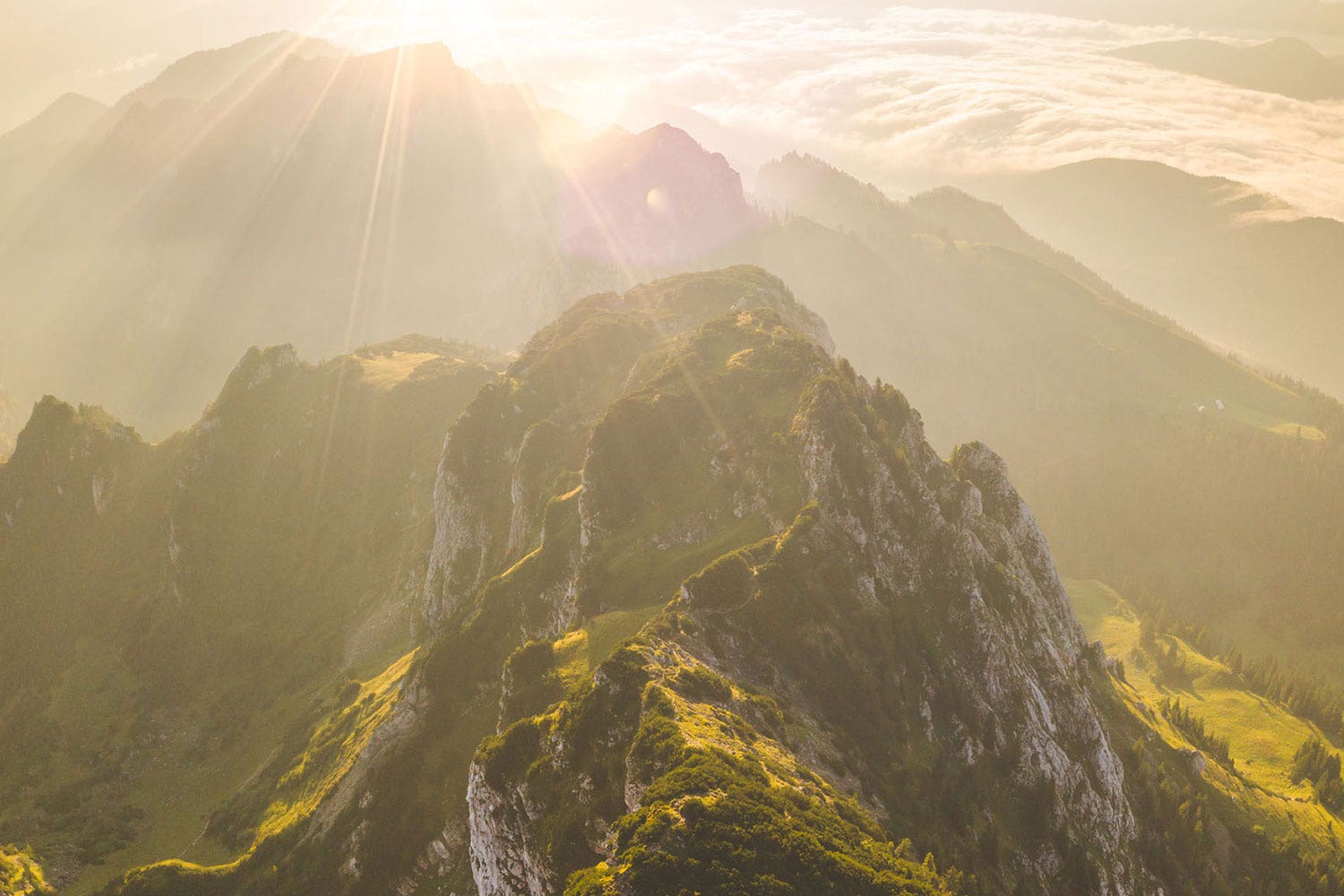

Let’s talk about carbon dioxide
One of the key ingredients to making our atmosphere and this planet special is carbon dioxide. It plays a very important role in making our planet habitable, it captures heat from the Sun and stores it here. And it’s really good at it. So the natural carbon dioxide from volcanoes, forest fires and rock weathering, helped warm the planet gradually over time. While this was all going on, animals and plants sprang up. Animals helped add to that carbon dioxide and plants used it to help make oxygen. Microorganisms in the seas also helped take in carbon dioxide and regulate it. And the carbon cycle was born.
Over millions of years of this cycle, the carbon that was being taken in by plants and marine organisms was getting trapped. Dead plants and trees might get trapped in peat bogs or under shallow seas, marine organisms would sink to the bottom of the ocean. And over hundreds of millions of years they formed coal, oil and gas. All of that life gets compacted, squashed and carbonised.
Millions of years of carbon intake in a single coal seam.
Millions of years of carbon in a barrel of oil.
When we look at fossil fuels like this, it’s easy to see why they have such an impact. Releasing millions of years of carbon storage in a few hundred years, where the biggest role carbon plays in our atmosphere is heat capture, I’m not sure we could have ever come to any other conclusion.
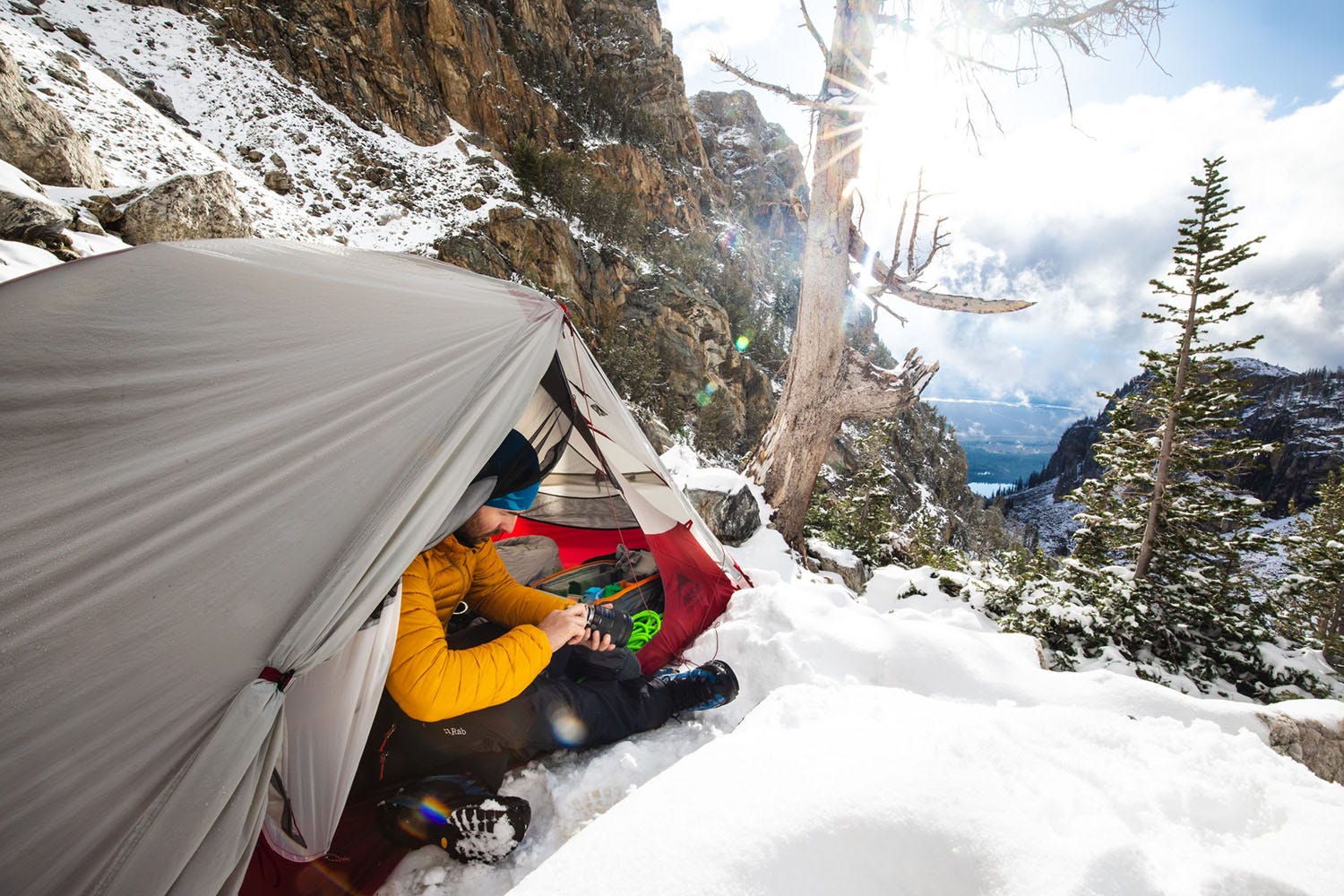

So, is it all too late?
In a word, yes.
There is 50% more carbon dioxide in our atmosphere than before industrial times. That amount is going to change our atmosphere and planet forever, and there’s no real way to stop it. We are definitely going to see huge changes in the dynamics of our weather systems, biodiversity, and sea levels to name just a few.
The Earth is a hugely complicated web of interactions, and they will all be impacted by the rise in temperature we’ve already seen (1.1 degrees celsius above pre-industrial times) and the further warming we’ll see from the fossil fuels we’ve already burned (likely another degree).
But this isn’t a question with two outcomes, it’s a question with infinite outcomes. So yes, it’s too late to stop any changes to the climate, but it’s not too late to stop further damage and further suffering. Every day our governments choose that our societies will be run on fossil fuels, is another step down the road toward climate disruption.
We’ve got a lot of scenarios to consider. Another 2 degrees of warming, 4 degrees, 8 degrees? Each of those steps down the road gets worse and worse and worse. The more carbon in our atmosphere, the more heat and energy. Energy in the atmosphere (and oceans) drives hurricanes, tornados, rainfall, droughts, and snow storms. They, in turn, lead to mass migrations, famine, wildlife decline, and glaciers disappearing. And this will affect everyone, but not equally by any means. As always, those with the most to lose usually have the least already. These scenarios mean we should be planning for these changes. Preparing now for sea level rise, preparing for more flooding, migrations, wildfires, famines. But our governments are just not moving at the pace to match the current climate crisis we face.
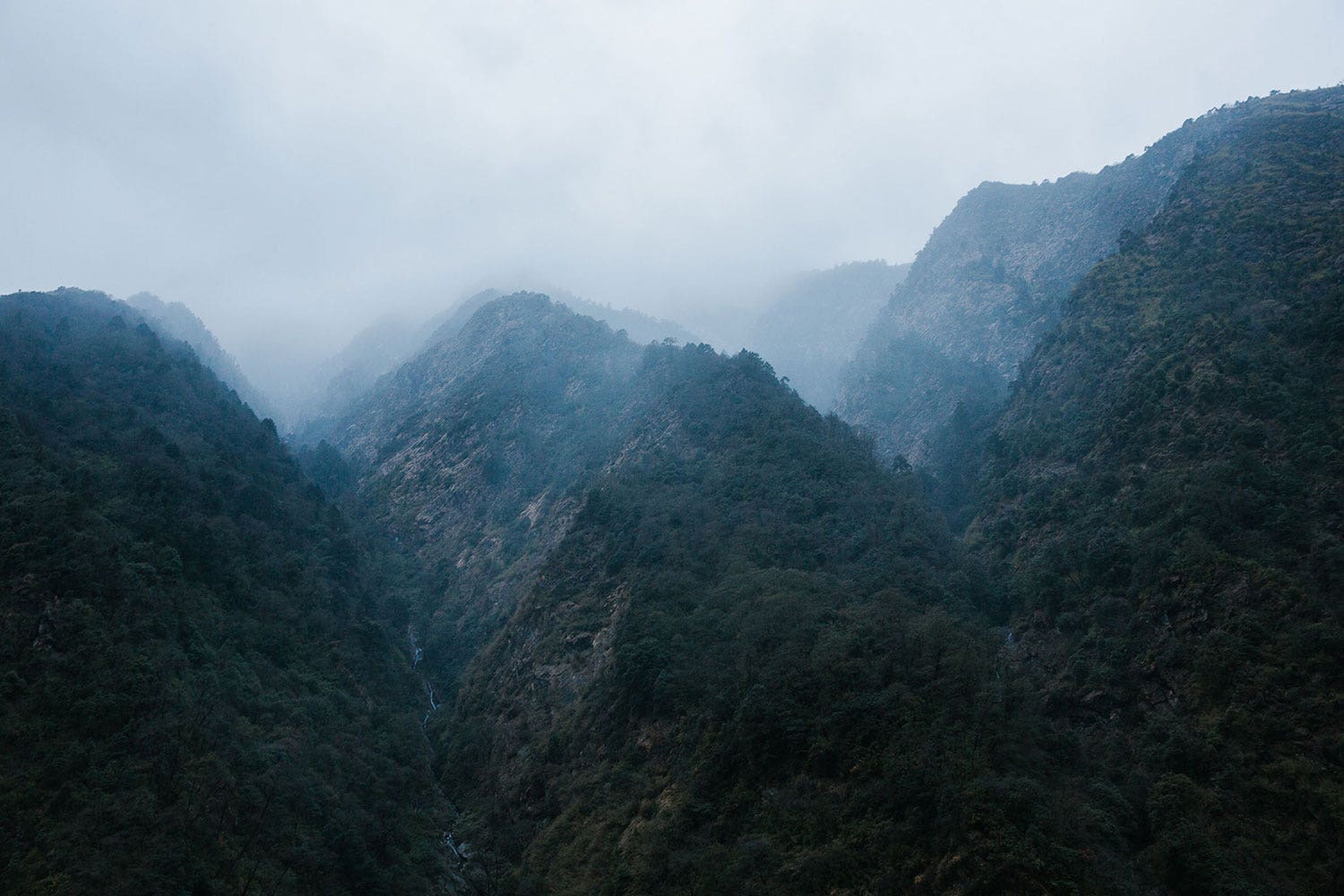

What can our governments do?
The best thing governments can do is to reach net zero carbon emissions at all costs, as soon as possible. It doesn't matter how much it will cost. It doesn’t matter how we do it. And it doesn’t matter what it takes to get us there.
The number one crisis right now is this.
Don’t get me wrong, there’s a whole bunch of others hot on its heels (I see you plastics), but this is the big one. Therefore, the best thing we can do as citizens is support them in any actions they want to take to get us there.
The best way we can do that is by making it a kitchen table issue. Keep talking about climate. Keep asking how we’ll get to a carbon neutral society., Make sure it's talked about in your kids' schools.
Politicians know what the political winds are doing and if they see that there’s huge support and popular conversations on TV, on social media, at live events, and around the dinner table, they’ll know they have the permission to go after big climate stances.
They can see what people care about.
Show them we care about our planet, and we won't let it suffer.
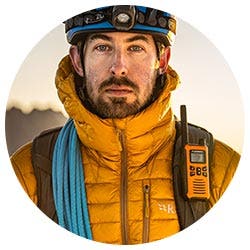

Words by | Huw James

